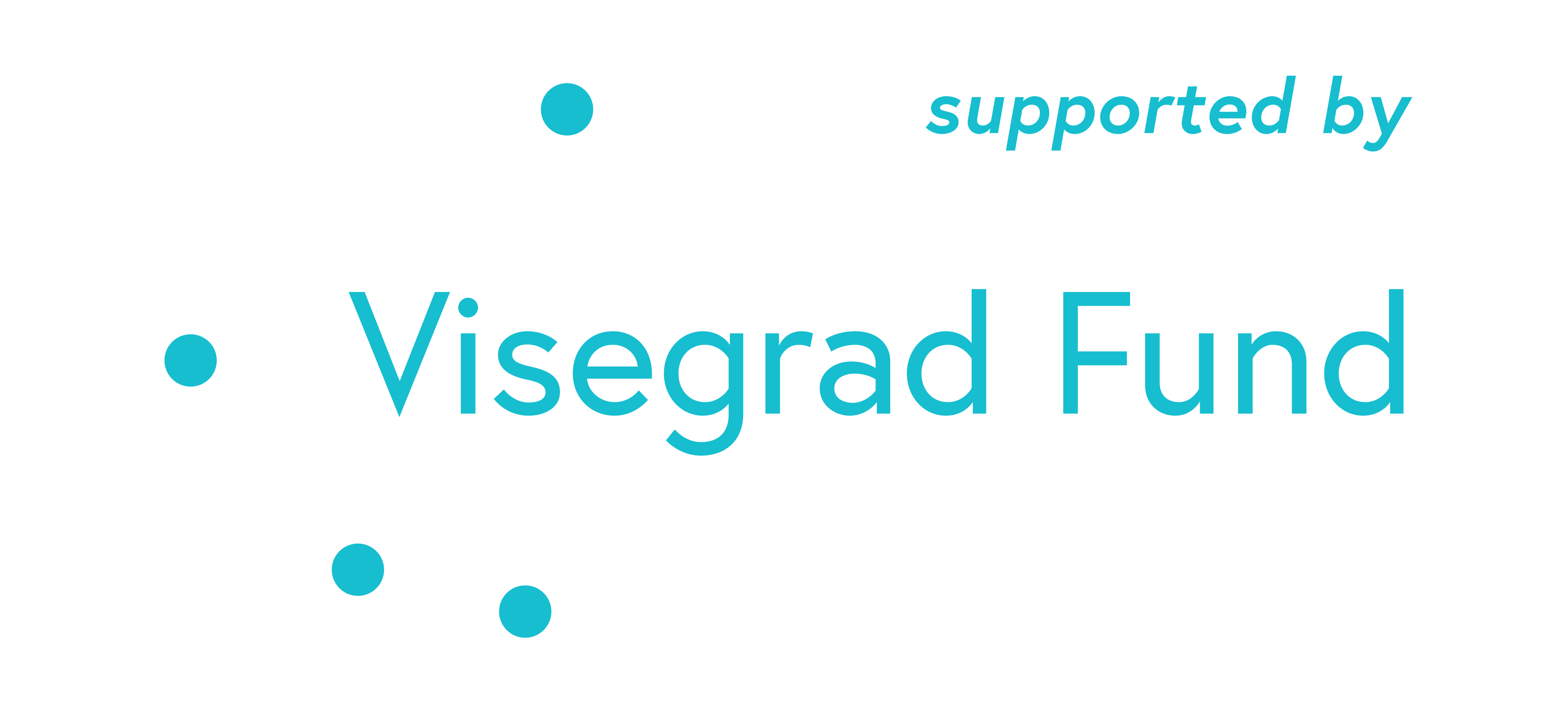International Visegrad Fund / Міжнародний Вишеградський Фонд
The International Visegrad Fund (IVF) is an international donor organization, established in 2000 by the governments of the Visegrad Group countries – Czechia, Hungary, Poland and Slovakia – to promote regional cooperation in the Visegrad region (V4) as well as between the V4 region and other countries, especially in the Western Balkans and Eastern Partnership regions. The IVF does so by awarding EUR 8 million through grants, scholarships and artist residencies provided annually by equal contributions of all the V4 countries. Other donor countries (Canada, Germany, the Netherlands, South Korea, Sweden, Switzerland, the United States) have provided another EUR 10 million through various grant schemes run by the Fund since 2012.
The IVF vision is that grants, scholarships and residencies will become the catalyst for the advancement of innovative ideas in Central and Eastern Europe.
The Conference of Ministers of Foreign Affairs (CM) is the supreme decision-making body of the IVF. The conference consists of the Ministers of the Foreign Affairs of the Visegrad Group countries and meets at least once a year in a member state holding the annual rotating presidency. The CM determines the amounts of annual contributions from every V4 member state, approves the rules of procedure of the Fund’s secretariat, and approves the Fund’s budget.
The Council of Ambassadors (CA) approves projects recommended for funding by the IVF. The council consists of Ambassadors of the V4 member states accredited to the member state which currently holds the presidency of the Conference of Ministers of Foreign Affairs and meets at least once every six months. The CA drafts up programs and documents for the sessions of the Conference of Ministers of Foreign Affairs, ensures monitoring, control, and evaluation of the Fund’s operations.
Міжнародний Вишеградський Фонд (МВФ) є міжнародною донорською організацією, створеною у 2000 році країнами Вишеградської групи – Чехією, Угорщиною, Польщею та Словаччиною – для сприяння регіональному співробітництву у Вишеградському регіоні (Вишеградській четвірці), Західних Балканах та країнах Східного партнерства. МВФ робить це шляхом виділення 8 мільйонів євро у формі грантів і стипендій, які щорічно рівними внесками надаються усіма країнами Вишеградської четвірки. Інші країни-донори (Канада, Німеччина, Нідерланди, Південна Корея, Швеція, Швейцарія, Сполучені Штати Америки) виділяють ще мільйонів євро у формі різних грантових схем, що реалізовуються Фондом з 2012 року.
Позицією МВФ є бачення, згідно з яким гранти та стипендії стануть каталізатором просування інноваційних ідей у Центральній та Східній Європі.
Конференція міністрів закордонних справ (КМ) є найвищим органом прийняття рішень у МВФ. Конференція складається з міністрів закордонних справ країн Вишеградської групи і відбувається не рідше одного разу на рік в країні-члені організації, яка здійснює щорічне головування. КМ визначає розміри щорічних внесків від кожної країни-члена Вишеградської четвірки, затверджує правила процедур секретаріату Фонду і затверджує бюджет Фонду.
Рада послів (РП) затверджує проєкти, рекомендовані для фінансування МВФ. Рада складається з послів країн-членів Вишеградської четвірки, які акредитовані у країні-члені, що поточно є головою Конференції міністрів закордонних справ, і збирається не рідше одного разу на шість місяців. РП розробляє програми та документи для засідань Конференції міністрів закордонних справ, забезпечує моніторинг, контроль та оцінку діяльності Фонду.
